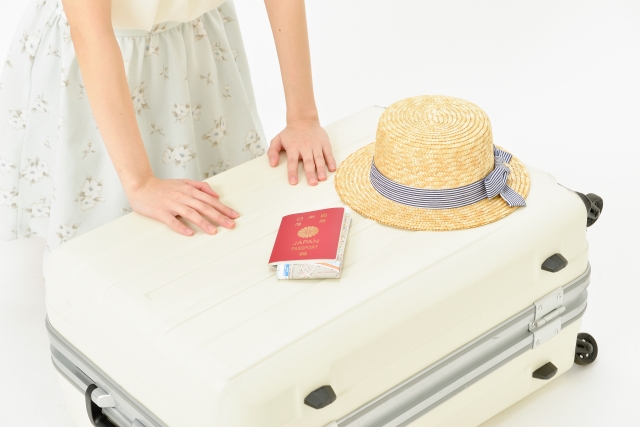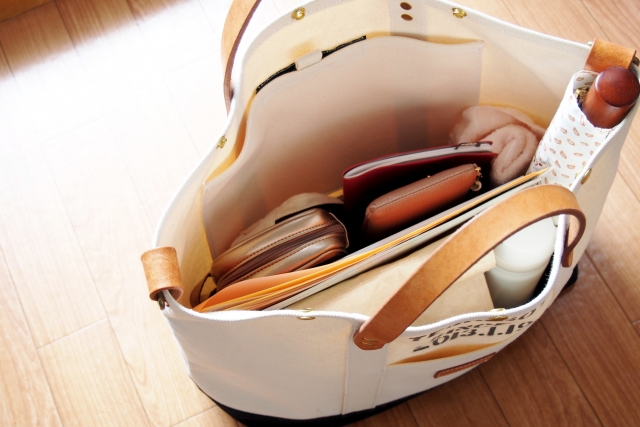
List of Useful Things for Studying Abroad
(Long-term studies, short-term studies, things useful for the year)
- Ear cleaners/nail clippers
- Laundry bag and detergent
- Toothbrush
- Disposable slippers or indoor flip flops
- Paper toilet seat sheets
- Travel-sized umbrella
- Overseas power conversion plug adapter
- Watch/alarm clock
- Electronic dictionary
- Medicine (your own)
- Electronics (PC, laptop, tablet)
- Cell phone
- Sanitary products, cosmetics, sunscreen, hand mirror, shaver
- Pocket tissues/wet wipes
- Disposable masks
- Powders such as Pocari Sweat (dissolvable)
- Canned and sealed foods
- Bath towel and face towel
- Backpack
- Photos of your family, of Japan etc: useful for introducing yourself and Japan
- Hats/sunglasses
- Chopsticks
- Travel guidebook
- Writing utensils and stationary (3-color pens etc)
- Athletic shoes and clothing
- Clothes for formal situations (e.g. suits) (especially for long-term studies)
- Easily worn clothing (e.g. cardigans and parkers)
- Portable sewing supplies
- Rubber bands (New York rubber bands are poor quality and will break easily)
- Glasses/contact lenses and cleaners
Things you can purchase while studying abroad (or you can bring with you)
- Hair dryer
- Shoes
- Shampoo/conditioner etc
Things to bring depending on the season (can be purchased in New York)
Winter (October to April)
- Pocket warmers
- Hats
- Gloves
- Scarves
- Heat-tech clothing
- Coat
- Blankets
- Thick socks
- Lip balm
- Windbreaker
Spring (May to June) and Autumn (September to October)
- Hayfever medication
- Clothing that can be easily layered
Summer (June to September)
- Swimwear
- Beach sandals
- Sunscreen
- Folded fan
List of Carry-On Baggage on the Plane

- Passport
- I-20 form (for students traveling on a student visa)
- Cash (both Japanese yen and local money): It may be convenient to put these in separate wallets
- Credit card: VISA or Mastercard are recommended. JCB, American Express and Diner’s Club Cards are not always accepted
- Study abroad insurance: for more details, click here
- Bank cards that allow overseas withdrawals: your own cash can be withdrawn from a Japanese bank account. The exchange rate will be applied at the time of withdrawal. For more details, click here
- Ballpoint pen and small notebook
- Plane ticket
- Cell phone: for more details, click here
- Computers and tablets: it is recommended that these are not placed in checked-in baggage
- Tissues, handkerchief
- A copy of your address details
Other things to note:
- On long flights, the cabin is very dry. It might be good to bring some lotion or moisturizer.
- Depending on the airline, plane cabins can get very chilly. It might be good to bring some light outerwear, like a cardigan.
- Make a note of your passport number in a notebook or on your cell phone. This number is required when filling out entry forms like the customs declaration form. Losing your passport causes a lot of issues, so it’s a good idea to just take it out at Immigration.
- Make copies of all important documents and credit card information. If these are lost, you will be able to sort everything out without panicking.
- Please ensure you check baggage restrictions with your airline. Usually, one bag is around 23kg. Liquids need to be 100ml or less and kept in a transparent sealed bag.
- Check the local weather before your arrival. If the weather is going to be bad, it may be useful to put a portable umbrella in your carry-on luggage.
- If you have arranged for transport, keep a note of the contact details. If you have any issues or cannot contact the driver, you can contact us without any problems.
- Don’t carry too much cash on you. Credit cards are widely used for local purchases. (Preparation of money while studying abroad)
















